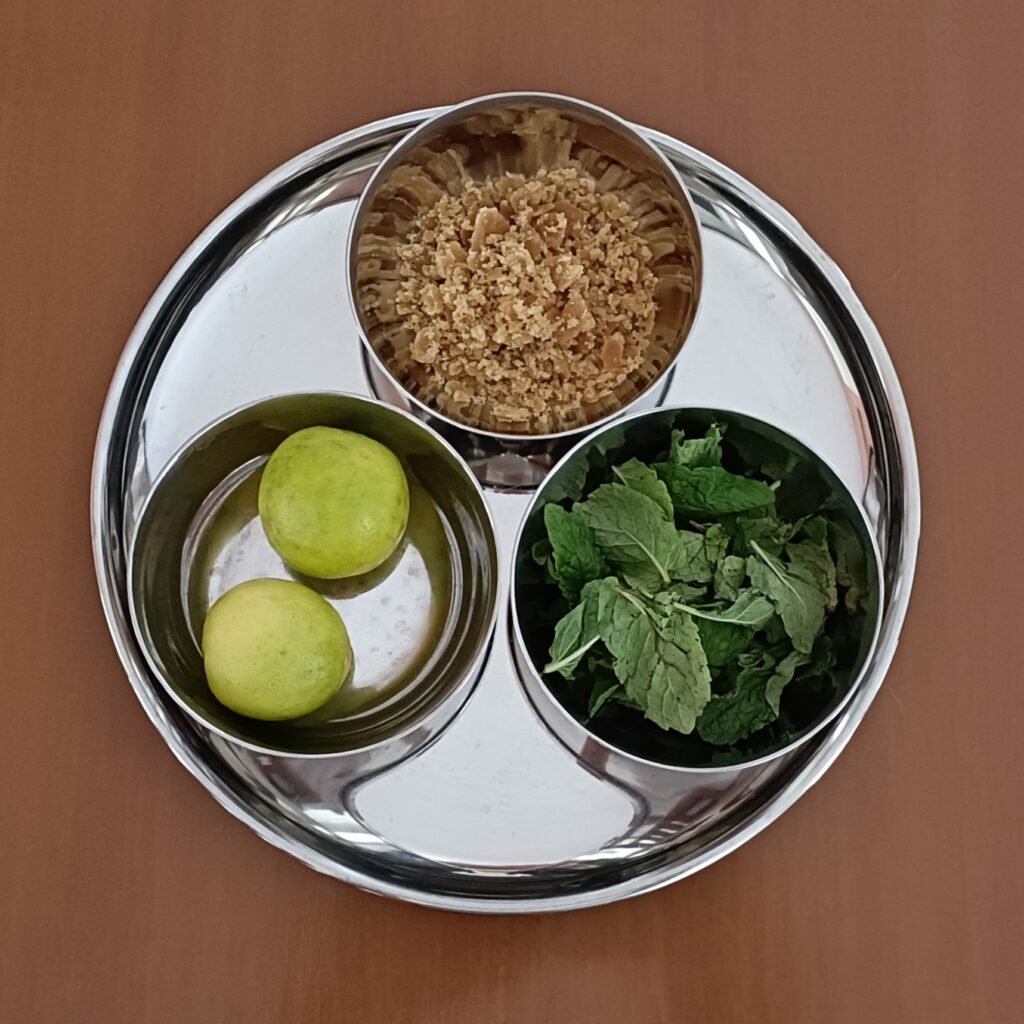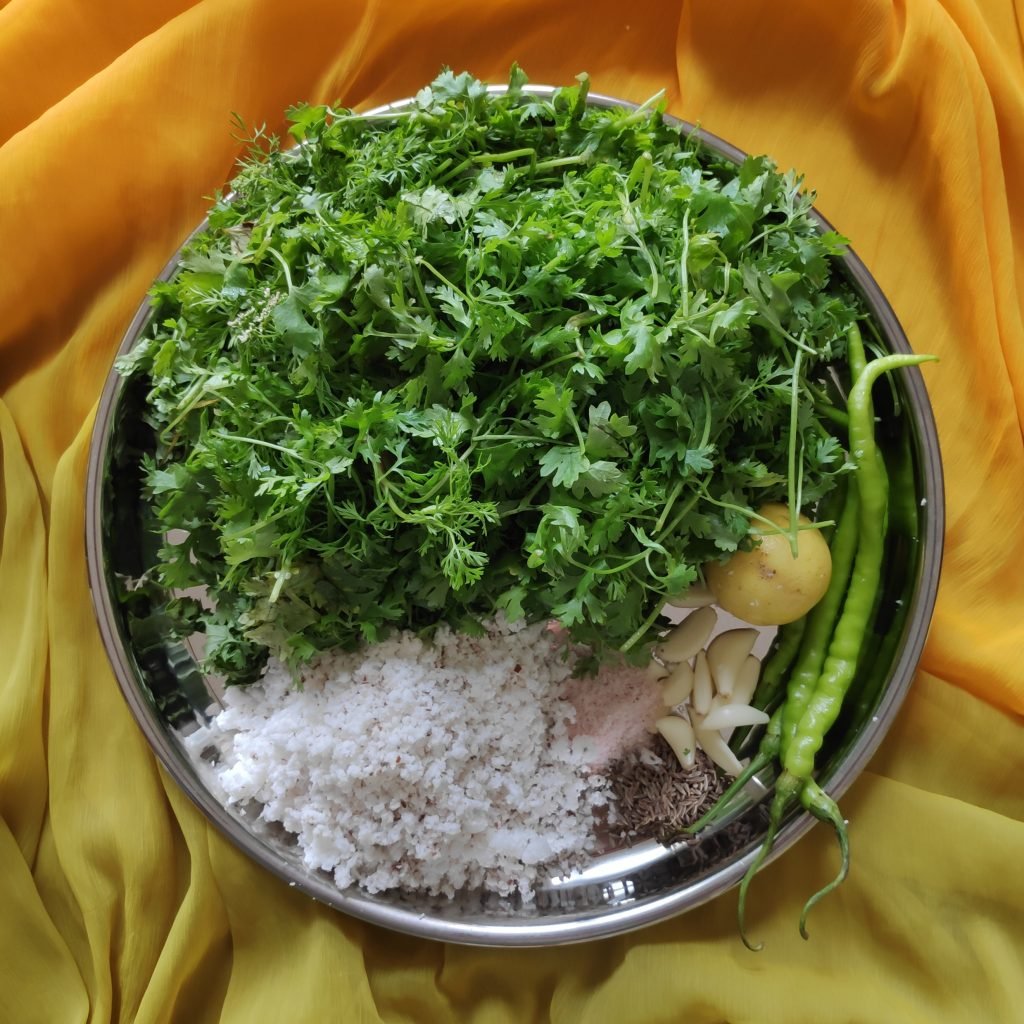
Amla Pickle in Mustard Oil (Indian Gooseberry Pickle)
Amla, also known as Indian gooseberry, is one of the most antioxidant-rich foods on Earth. The Vitamin C, Vitamin A and antioxidants present in amla purify the blood and make your skin look radiant. It also has numerous anti-ageing properties. It is a super food for cancer patients as it kills cancer cells but leaves normal cells alone. It can be eaten grated, cut into pieces, made into pickles and jams, added to smoothies, or dried and powdered. It helps in reducing cholesterol levels, inflammation and aids blood thinning as well as reduces artery stiffening. It also helps in reducing nausea, bloating, belching, and acidity, decreases the stress on the heart, and helps reverse diabetes. This fruit is so rich in vitamin C that even cooking it only reduces the amount by about one fourth. The high iron and carotene content in amla boosts hair growth and strengthens hair. So, all in all it is a great addition to your diet.
Known for its strong flavor, pungent aroma, and high smoke point, mustard oil is often used for sautéing and stir-frying vegetables in many parts of the world especially in West Bengal and other eastern states in India. Some studies have found that mustard oil possesses powerful antimicrobial properties and may help block the growth of certain types of harmful bacteria and fungus and is sometimes applied to the feet to help heal cracked skin on the heels. In some parts of the world, it is applied to the scalp as it is said to help hair growth and is said to alleviate pain and decrease inflammation in conditions like rheumatoid arthritis, but caution is advised as it can cause serious skin burns. It may also slow cancer cell growth. It is said to help heart health because of the high content of monounsaturated fatty acids in it, a type of unsaturated fat found in foods like nuts, seeds, and plant-based oils. Pure mustard oil has a high smoke point and comprises mostly of monounsaturated fats, which are more resistant to heat-induced degradation than polyunsaturated fats. But after all, it is still an oil and is not advised on a Whole-Food Plant-Based diet, so it is best to have it occasionally in very limited quantities.






